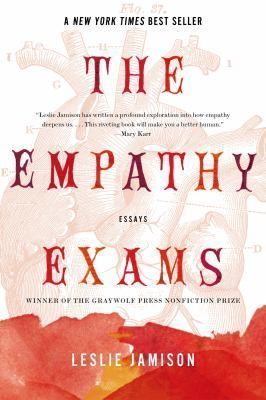
Reviews
Amy Thibodeau@amythibodeau
Angel Martinez@angxlmartinez
Francis Buggey@fcbugreads
Jade Flynn@jadeflynn
mo@mofinegan
Juliana@soundly
erin alise @thehollowvalley
Samantha Plakun@samanthaplakun
Andrew Reeves@awreeves
Saara M@saaramo
Lindsy Rice@lindsyrice
Celina Gacias@shellkyle
Kelly Wynne@kellywynne
Ana Hein@anahein99
Cal Desmond‐Pearson@social-hermit
Jean A@jeangreenbean
Neta Steingart@neta_shin
Lydia Nickoloff@lydianickoloff
Ellen Chisa@ellenchisa
aem@anaees
Liz Prinz@prinzy
Alianor Chapman@peachesjuleps
Arnav Shah@arnavshah
Mallory Foutch@malloryfoutch
Highlights
Grace McCarter@gracemccarter
Page 59
Grace McCarter@gracemccarter
Page 34
Grace McCarter@gracemccarter
Page 23
mo@mofinegan
Page 211
mo@mofinegan
Page 168
mo@mofinegan
Page 141
mo@mofinegan
Page 115
mo@mofinegan
Page 88
mo@mofinegan
Page 87
mo@mofinegan
Page 86
mo@mofinegan
Page 83
mo@mofinegan
Page 83
mo@mofinegan
Page 41
mo@mofinegan
Page 35
mo@mofinegan
Page 22
mo@mofinegan
Page 17
mo@mofinegan
Page 15
mo@mofinegan
Page 11
mo@mofinegan
Page 9
mo@mofinegan
Page 8
mo@mofinegan
Page 8
mo@mofinegan
Page 8
mo@mofinegan
Page 3